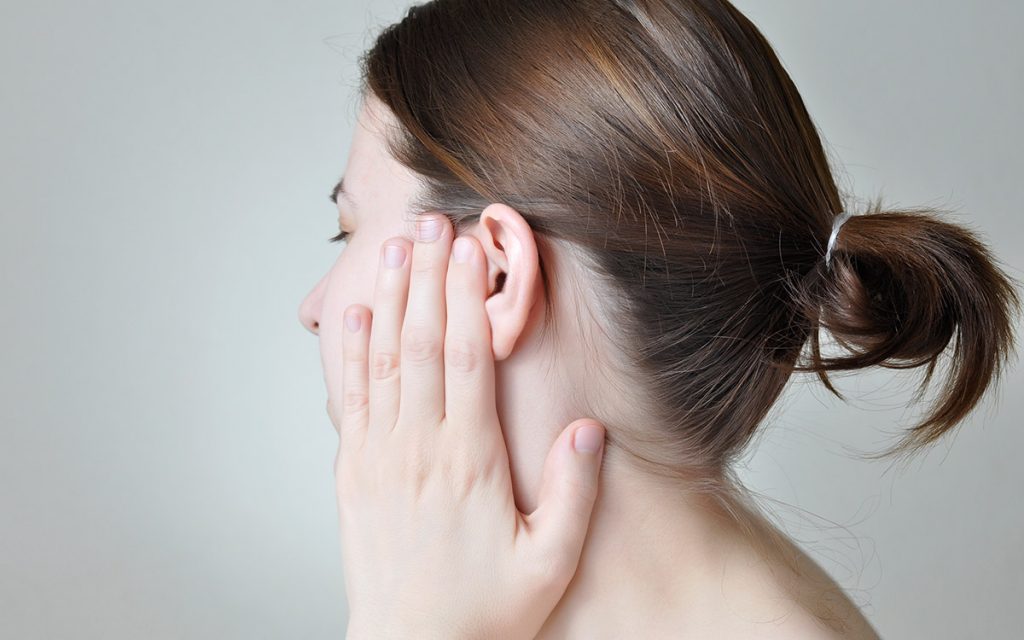Have you ever heard ringing in your ears? Or maybe it was a buzzing, roaring, or hissing sound? Then chances are that you’ve experienced tinnitus.
What is tinnitus?
Tinnitus is actually a description of a symptom, not a condition itself. Tinnitus is when you hear noise coming from inside your ears that others can’t hear (though there is one type of tinnitus that can be heard with specialized equipment). Tinnitus is often linked with hearing loss and is fairly common. It’s believed to affect nearly 50 million adults in the United States alone. While there are treatments available for tinnitus, there is currently no known cure.
What causes tinnitus?
If you’ve ever gone to a concert or worked at a construction site all day, then there’s a pretty good chance that you’ve experienced a temporary form of tinnitus. Exposure to loud noises can cause tinnitus, along with several other factors such as ear infections, stress, ear injuries, and even certain medications. As noted above, it usually accompanies hearing loss, too. Tinnitus is most prevalent in adults over the age of 55.
One other clear link to tinnitus is heart disease. If you experience a pulsing or whooshing sound in your ears, what you’re actually hearing is the blood trying to make it through the tiny blood vessels in your ears. Heart disease and conditions such as high blood pressure can make these sounds more pronounced.
Your diet could also have an impact on tinnitus, especially if you suffer from iron deficiency anemia. Studies by the University of Maryland Medical Center have shown a link between the two and researchers are trying to determine the cause.
How can I treat tinnitus?
As stated above, there is no cure for tinnitus; however, there are plenty of treatments. Your first move when you notice the ringing in your ears should be to visit your general practitioner or a hearing specialist so they can rule out any other health issues. For example, if you have high blood pressure, that should be treated first.
A general practitioner can also rule out other, more temporary causes of tinnitus, such as earwax in your ear. You may also want to check with your doctor about any medication you’re taking since there are medications that have been shown to cause ringing in your ears.
Once tinnitus has been definitively diagnosed, you can begin looking at treatment options.
For many, tinnitus is unlikely to go away, and treatment options center around developing coping skills to learn how to manage it or with hearing aids that can help mask the sound.
The ringing in your ears is probably the most obvious during the night when you’re trying to sleep. That’s because your bedroom is quiet and the ringing sounds loud in comparison. Many people find using a white noise machine while you sleep can help. It’s typically not enough of a distraction to keep you awake, but it can help drown out your tinnitus or give you something else to focus on while you relax.
You can also speak with a mental health therapist that is experienced with cognitive-behavioral therapy (CBT). CBT treatments do not eliminate the sound but help those who suffer control their reactions to it. This particular treatment has been known to work, as patients suffering from tinnitus who see a CBT therapist often report better outcomes after just a few sessions.
Are you suffering from tinnitus? Don’t suffer in silence. Instead, schedule a consultation today to find out what options are available to you.


